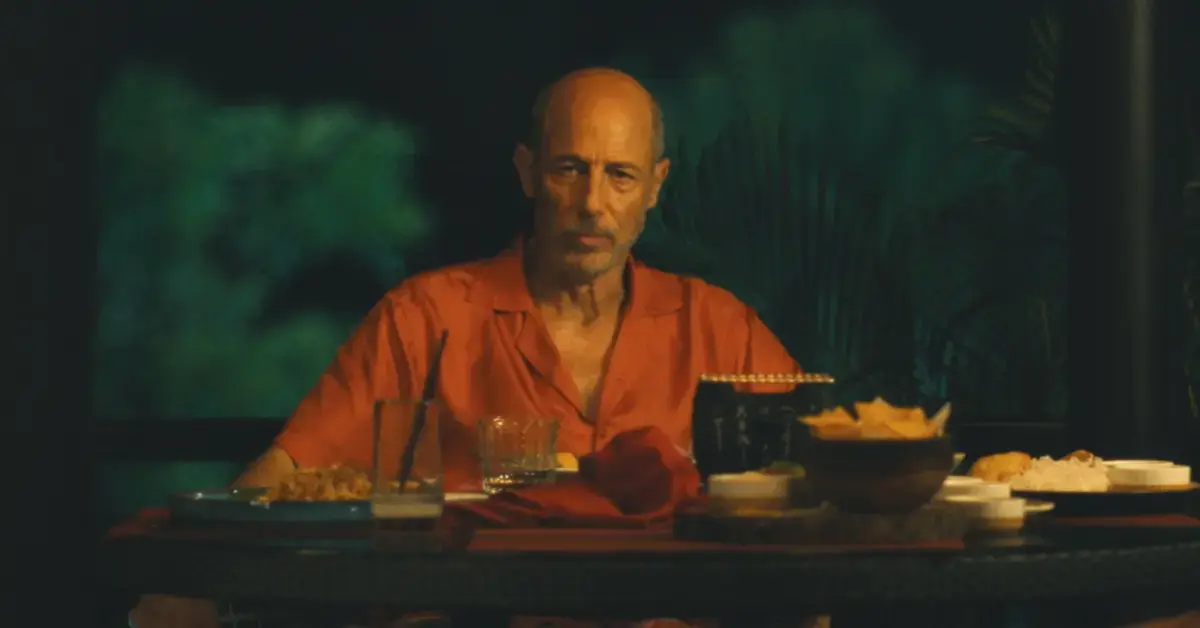Here’s Why the Latin Phrase "Amor Fati" Is Important in 'The White Lotus' Season 3 Finale
"Amor Fati" makes sense with most of Season 3's characters.
Updated April 7 2025, 10:45 a.m. ET

There's a reason why episodes of The White Lotus each have their own titles and why those titles correlate with what happens. The same can be said for the Season 3 finale, which is titled "Amor Fati." But what does it mean, exactly, and how does it tie in with what happens to the guests at the end of the 90-minute episode?
As with everything else about The White Lotus, the Latin phrase amor fati has an important meaning and message for not only the characters of the third season but also the viewers. For those who watched the Season 3 finale, it's no secret that there is a lot about accepting one's fate, as with Tim Ratliff and Gaitok. But as for the actual meaning behind the phrase in the finale's title? Read on to find out!

What does "amor fati" mean in 'The White Lotus'?
The Latin phrase amor fati means to love, or accept, your fate. Since the Season 3 finale of The White Lotus culminates with everyone's stories coming to an end in some way, that makes sense. For Tim, it means accepting that his family has to know the truth about his financial misdeeds. For Belinda, it means accepting the hush money from Greg/Gary, and using it to have a better life with her son.
Unfortunately, other characters have to accept some less ideal fates, like Chelsea, who gets shot and killed because her of boyfriend Rick's reckless behavior. And, although Gaitok has insisted that he is a lover and not a fighter, he accepts the role of killer in order to prove himself. While the Latin phrase doesn't exactly gel with the Thailand and Buddhist-themed advice and one-liners throughout the season, it makes sense, given the way things come to an end for everyone in the finale.
Is 'The White Lotus' suicide fruit real?
Before Tim accepts his fate in The White Lotus finale, things almost take a tragic turn when he uses seeds from the pong-pong tree fruit to make drinks to poison his entire family. Except, of course, for Lochlan, who is too young to drink and who has proven that he is the only Ratliff who could live without wealth. This way, they can't find out about what he did and what he lost them all.
In the end, Tim doesn't let everyone take the poison, but is the pong-pong tree and its "suicide fruit" real? They certainly make you believe that in the show, especially when the tree is suddenly referred to as a "suicide tree" in the finale. According to National Geographic, the pong-pong tree, officially called Cerbera odollam, is real.

The tree is part of a family of plants that are known for making poison. The poison itself is called cerberin and, as in The White Lotus, the poison is indeed in the seeds of the fruit that grows on the tree. In real life, those seeds have caused thousands of deaths when ingested. Although Lochlan doesn't die when he accidentally drinks some of the ground up seeds himself, he certainly comes close.